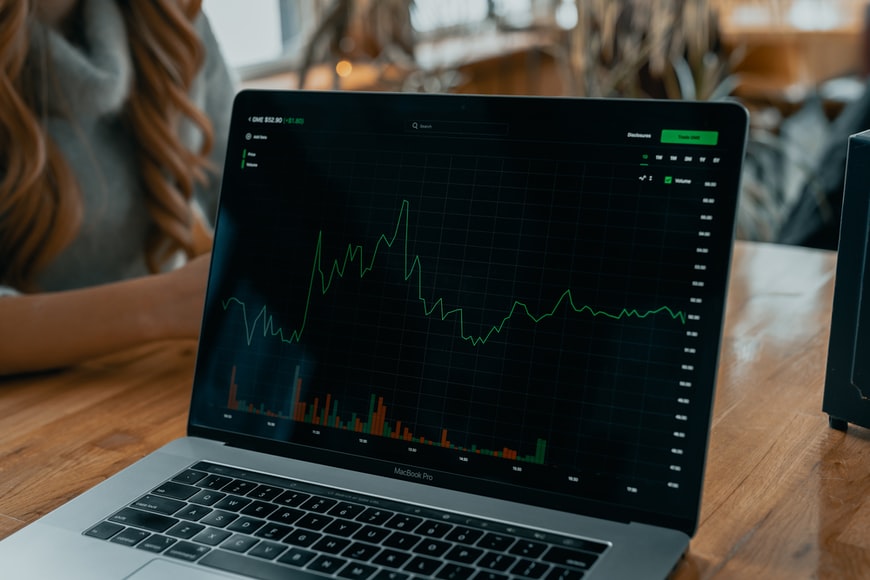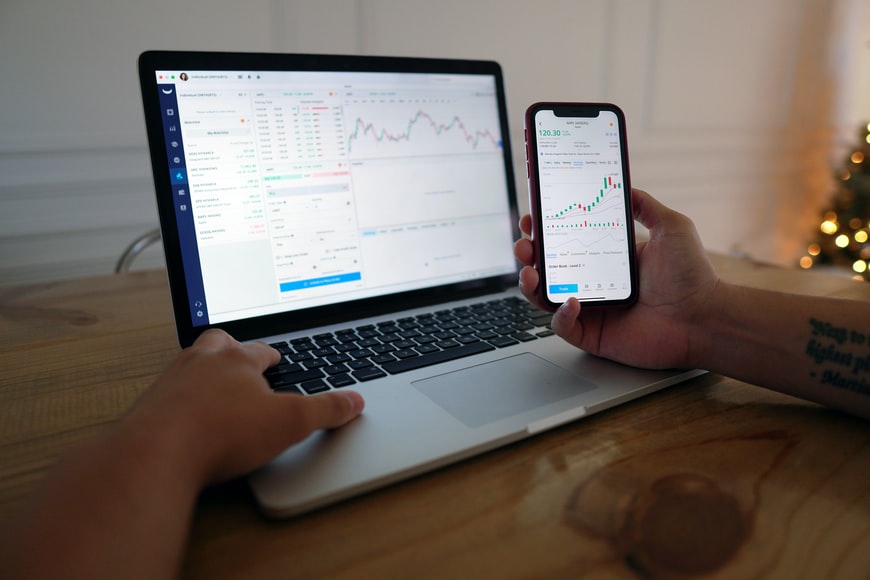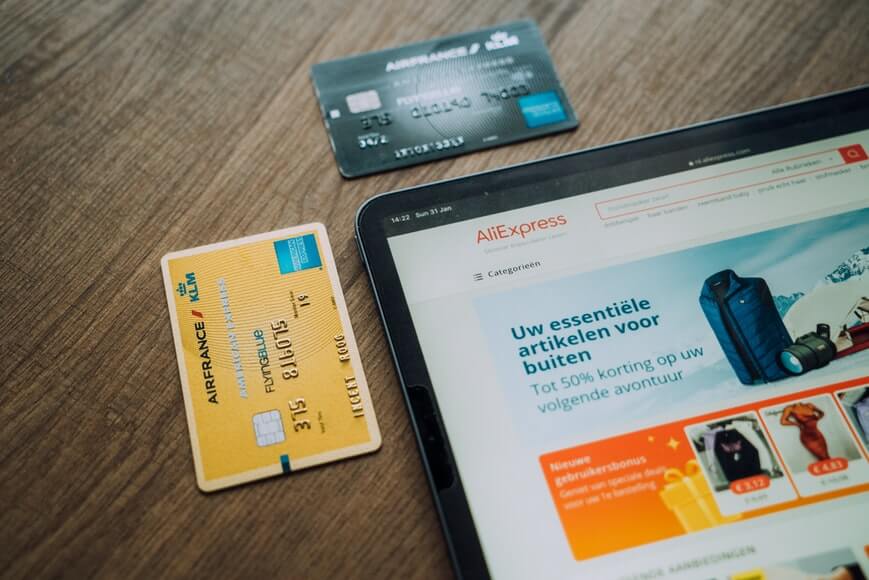How Has Forex Impacted Business in the UK?
2 Mins Read
Published on: 22 December 2021
Last Updated on: 10 December 2024

toc impalement
The global forex and currency trading market is worth around $6.6 trillion per day, as investors seek to profit through speculative investments and the numerous fluctuations that take place on an hourly basis.
The impact of currency market shifts and fluctuations extends far beyond the forex market, however, as businesses and the wider economy are also at the mercy of such movements.
We’ll explore this in the post below while asking how currency fluctuation impacts directly businesses across the globe.
How Do Currency Shifts Affect Businesses?

Currencies are typically traded as derivative assets in pairs, with the value of the base currency measured against another (the quote currency).
This dictates how much it costs to buy one currency using another, so fluctuating rates of exchange directly impact multinational businesses and corporations by affecting the cost of doing business.
For example, if you’re a UK-based business that deals primarily in the pound, you’ll notice that this has seen its value trade within an increasingly narrow range since the Brexit vote in 2016 (we’ll explore this a little later in the piece). Because of this, the pound has relatively diminished value and buying power, affecting the cost of imports from overseas.
Conversely, an inflated or overpriced pound will see the asset grow strong and compromise exports, directly affecting firms that sell goods into international markets.
Of course, as the cost of raw materials increases when your local currency diminishes in value, product-oriented firms may want to trade futures and securely fixed costs for a predetermined period of time.
This helps to provide some security against fluctuating exchange rates, especially if your local currency has seen sustained depreciation over time.
Brexit and its Impact on the Pound and the Economy

In the immediate aftermath of the decision to leave the EU in June 2016, the value of the pound plummeted to its lowest for more than 30 years.
Even at the beginning of this year, it was 15% weaker in comparison to the Euro, with the currency has continued to trade in a narrowing range ever since the vote and the UK’s subsequent departure from the EU.
Not only has this impacted the cost of imports and export pricing for UK businesses, but it has also reduced capital inflows from overseas, making a foreign direct investment (FDI) less appealing as the value of the pound continues to fall.
Although this is bad news for UK importers and manufacturers, it has created significant opportunities for traders. After all, forex trading is speculative in nature, so investors have been able to hedge against the pound and profit from its relative decline against the Euro and the US dollar.
This is definitely a trend for firms to watch through 2021 and beyond, with minimal interest rates also capping currency prices across the board.
Read Also:


















Comments Are Closed For This Article